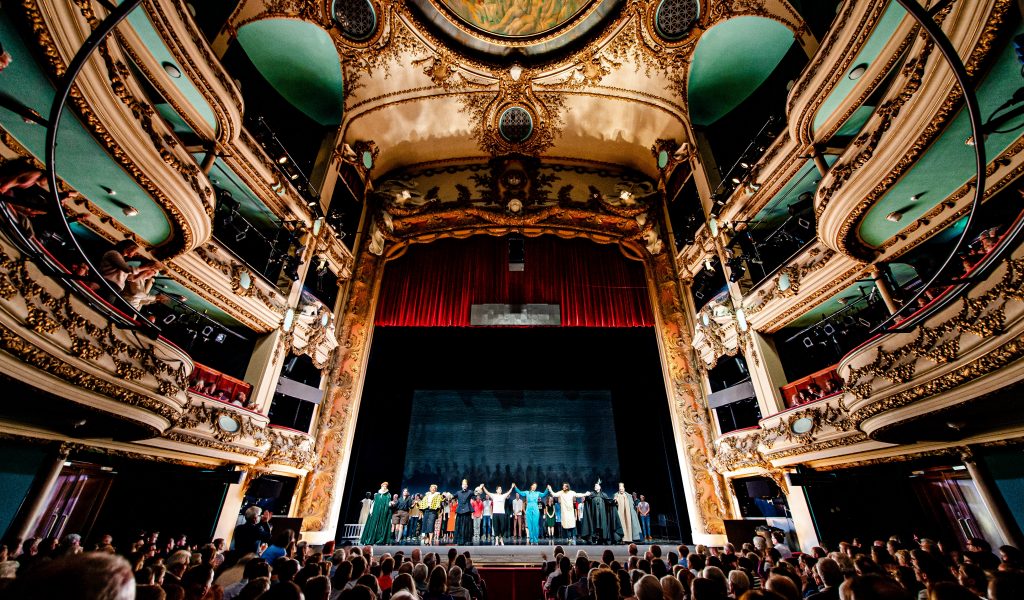The slow death of the grand opera

Manon Martini, Arts + Lit Editor, assesses the recent funding cuts to the English National Opera and what impact this might have on the arts in Britain.
Recent cuts to funding for the English National Opera (ENO) after calls for a more fairly redistributed arts financing structure reportedly leaves the fate of London’s operatic scene uncertain. For what stands as potentially the most elitist art form in Britain, is the dwindling operatic scene truly approaching its final curtain call?
The funding redistribution comes as a part of former culture secretary, Nadine Dorries’s plan to take £24m a year out of London’s arts funding and redistribute it to areas identified in the Tories ‘levelling-up’ plan. This redistribution will enrich arts programs in economically and culturally deprived areas and grant accessibility to a thriving artistic environment for those without the means to travel to London.
This redistribution will enrich arts programs in economically and culturally deprived areas and grant accessibility to a thriving artistic environment for those without the means to travel to London.
Opera fans have unsurprisingly taken deep offence to the cuts, arguing that the decline in appreciation is likely due to an overwhelming operatic emotion and oscillation- something that today’s TikTok generation simply cannot appreciate. As a fan of the arts, I appreciate the operatic impact on the culture of music, theatre and cinema and I acknowledge it as a 400-year-old art form that allows for the expression of imaginative truths and the transition of cultural experience. I would, however, support a shift from the Grand Opera towards smaller, more grassroots (and more inclusive) companies if it meant that areas in Blackpool, Stoke and the East Midlands got a larger slice of the pie.
This finical rejig would likely not only benefit the arts scene in poorer areas, but it would potentially also benefit oppressed groups in London. Whilst the English National Opera has made steps in recent years towards a more inclusive cast, smaller grassroots operations would likely address the dire need for representation in London’s operatic scene. In short, this funding plan could be the best thing for the ENO, bringing it into the twenty-first century after years in the dark. Whilst the ENO gazes up at the ACE with puppy dog eyes and a quivering lip, one can only hope that their two London opera houses might be sustained by their sponsorship with Rolex and their (still) relatively generous ACE funding


